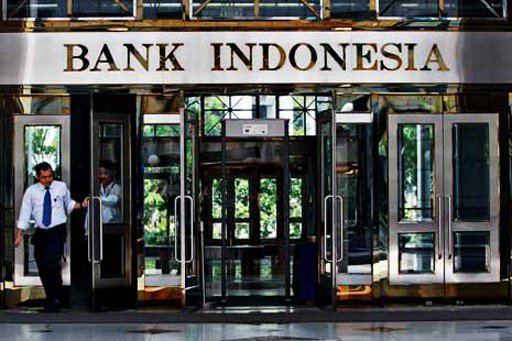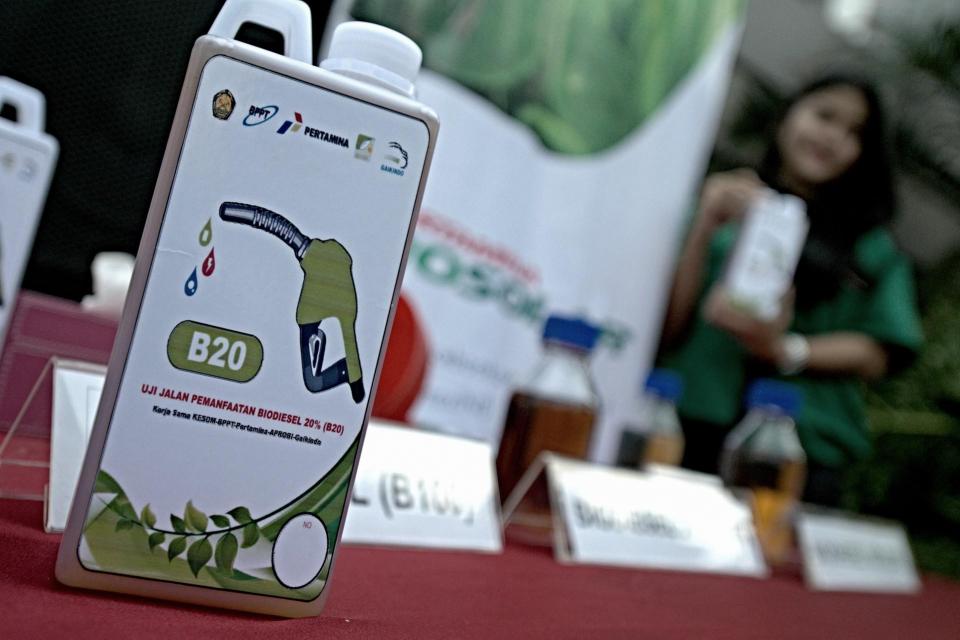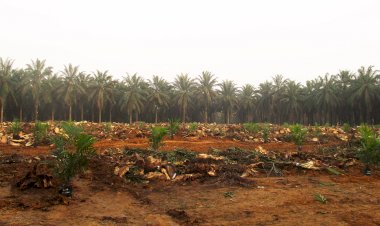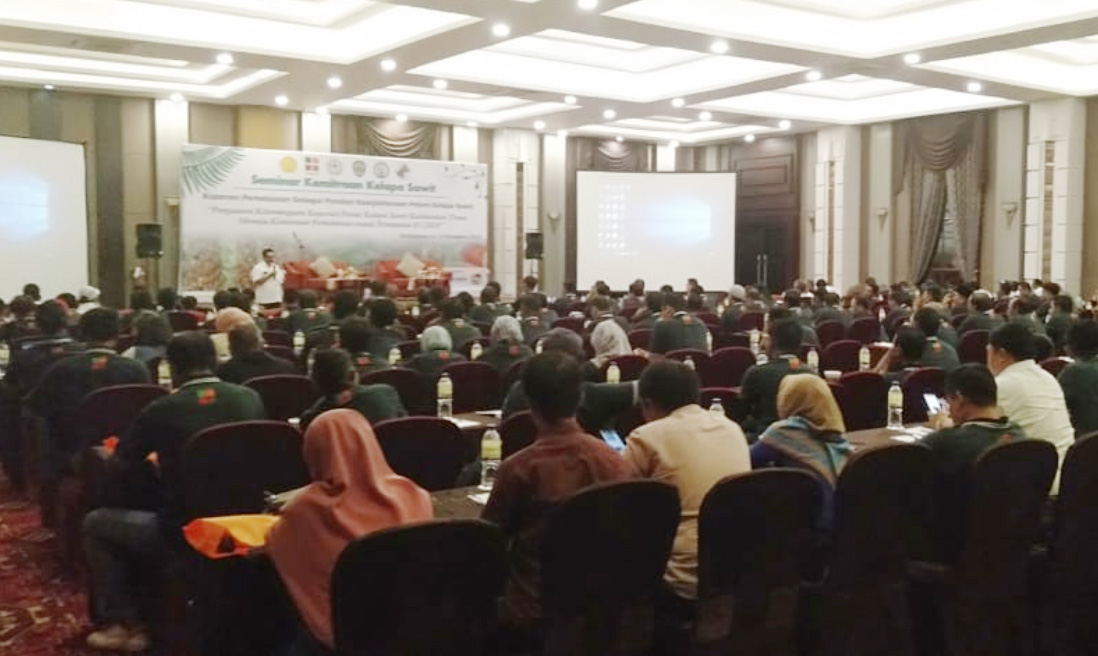Indonesian Palm Oil Board to Challenge RED II and ILUC
The Indonesian Palm Oil Board (DMSI) has made formal decision to support the government to refuse a concept proposed by the European Union Commision on Renewable Energy Directive II (RED II) and Indirect Land Use Change (ILUC) that will classify palm oil as a high risk vegetable oil. On it press release, (29/1/2019), DMSI said that it will not involve in any discussion on RED II and ILUC, both in local and international stage.

The Indonesian Palm Oil Board (DMSI) has made formal decision to support the government to refuse a concept proposed by the European Union Commision on Renewable Energy Directive II (RED II) and Indirect Land Use Change (ILUC) that will classify palm oil as a high risk vegetable oil. On it press release, (29/1/2019), DMSI said that it will not involve in any discussion on RED II and ILUC, both in local and international stage. DMSI demanded all member of the association to take the same stand. “DMSI appreciated Indonesian government that has taken a stand on European Union plan to discriminate palm oil in European market. The EU plan to target palm oil can bee seen on the concepts in the RED II and ILUC that will classify palm oil as a high risk vegetable oil that cause deforestation,” Chairman of DMSI Derom Bangun said on the press release. As reported earlier, under the proposed RED II, the Commission of the European Union is mandated to establish criteria to help distinguish between high and low risk ILUC across the vegetable oil sector in general used for biofuels. There are several EU models for ILUC that have been proposed none of which, nor could provide definitive evidence that would allow for a clear distinction between high and low risk ILUC. Nevertheless, the Commission is mandated to establish criteria by February 2019 to allow for such a distinction to be made. ILUC proposal was not accepted by Indonesia and Malaysia because it would represent a basic violation of the non-discriminatory principles upon which the WTO multilateral system is based. Both countries have agreed not to participate in European Union’s talks on ILUC and will address various challenges emerging from RED II. The ILUC concept is of US and EU origin, but it is not globally accepted approach or standard for assessing the impact of ILUC on climate change. It helps underpins EU policy, but it is not international norm upon which palm oil producing countries could or should build their environmental policies. ***



































